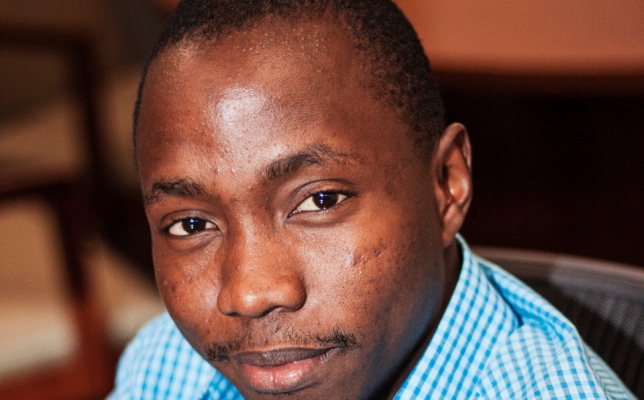Given the current shortage of blood in the Uganda blood banks, communities have resorted to using Guinea pig blood.
African traditional medicine has been defined by the World Health Organization as “the sum total of all knowledge and practices, whether explicable or not, used in diagnosing, preventing or eliminating a physical, mental or social disequilibrium and which rely exclusively on past experience and observation handed down from generation to generation, verbally or in writing” and ” health practices, approaches, knowledge, and beliefs incorporating plant, animal and mineral based medicines, spiritual therapies, manual techniques and exercise, applied singular or in combination, to treat, diagnose and prevent illnesses or maintain well-being”.
This type of medicine varies from region to region and culture to culture across Africa.
As defined above, African medicine incorporates plant, animal and mineral based medicines to deal with illness. Of special interest is the use of animal blood as a treatment option in parts of Uganda.
A local television (NTV) recently aired a traditional healer drawing blood out of a guinea pig, mixing it with soda and then feeding a patient with sickle cell disease in need of blood transfusion.
Blood is made up of cells, water, proteins, enzymes in addition to organic and/or inorganic substances all together forming a red fluid. The cells make up 30% to 40% of the blood wet weight and they are dispersed within the liquid. This liquid part is also known as plasma. Animal blood has been used for centuries as treatment for different ailments.
For example, in China -Rhino blood is used as a tonic for women suffering with menstrual problems; in Ethiopia- Vecchiato has reported the practices of drinking blood of domestic animals to increase the blood in the body.
The value in animal blood; Vampire bats are able to rapidly absorb the essential nutritive components of the blood while excreting the remainder of the components. This ability is a special adaptation for these bats while humans don’t have the ability to do the same.
This blood contains approximately 0.1 gm carbohydrate,6gm of protein and about 5gm fat per litre varying widely after the meal. This means that the blood is digested in a similar manner to the blood in meat.
Therefore the blood might not help as a treatment therapy for one in need of a transfusion. However, blood has been used as a source of food among select communities across Africa.These communities utilize the blood as a source of proteins and as a component of various foods.
Drinking animal blood could pose several effects to the person drinking it namely;
- i) Zoonoses -drinking animal blood might work as a transmission route for zoonotic diseases. Example of zoonotic diseases include Ebola, Marburg and the Crimean Congo hemorrhagic fever among others. There are also diseases like Nodding syndrome whose cause is unknown.
- ii) And iron Toxicity – where resulting from the ingestion of a high concentration of heme iron depending on the volumes you ingest.
The practice of drinking guinea pig blood as treatment for anaemia among people living with sickle cell in parts of Uganda particularly Bundibugyo as shown on NTV is fueled on a myth that the animal blood would help them raise their blood levels. Given this peak period of blood scarcity in the country communities are at risk of using such alternative therapies.
This calls for a concerted effort to educate communities about cultural practices that might be detrimental to the health and well- being of the people. Patients are often so desperate for solutions to their health challenges thus focused health education should start from the hospitals and spread out into the communities.
Government with its partners should work to make sure that patients don’t become desperate, this means strengthening the health systems. In addition, Government of Uganda should fulfill Uganda Blood Transfusion Services budgetary requirements so as to avoid affecting service delivery.
Sharifu Kiragga Tusuubira the writer is a Mandela Washington Fellow and is the Executive Director of Uganda Sickle Cell Rescue Foundation: tkksharif@gmail.com and @tkksharif on twitter.








